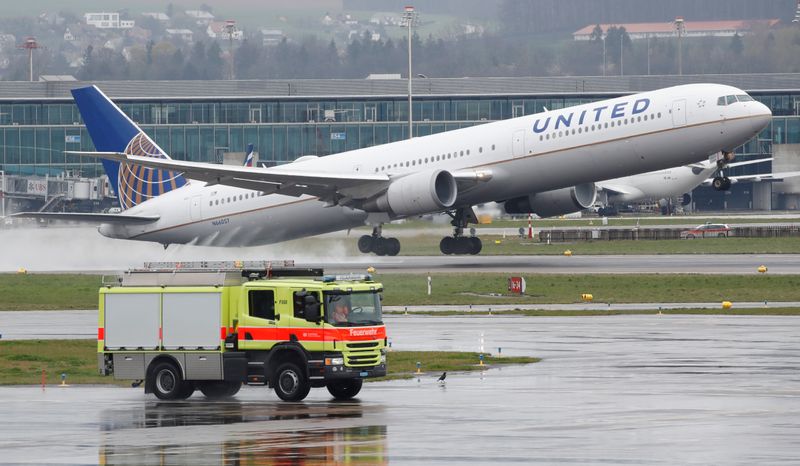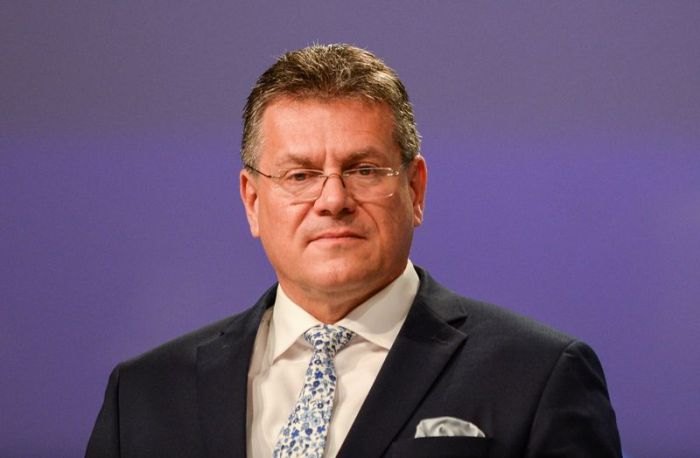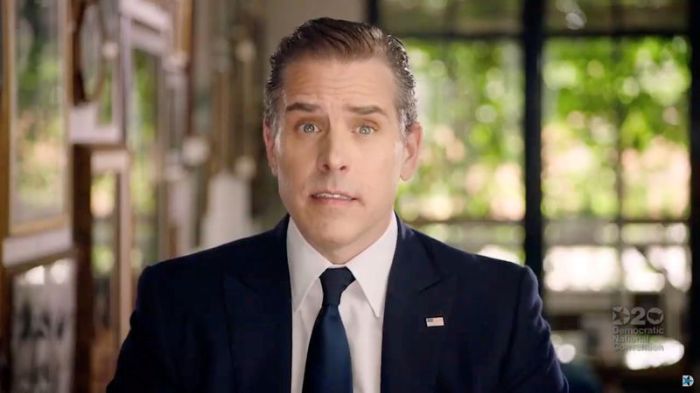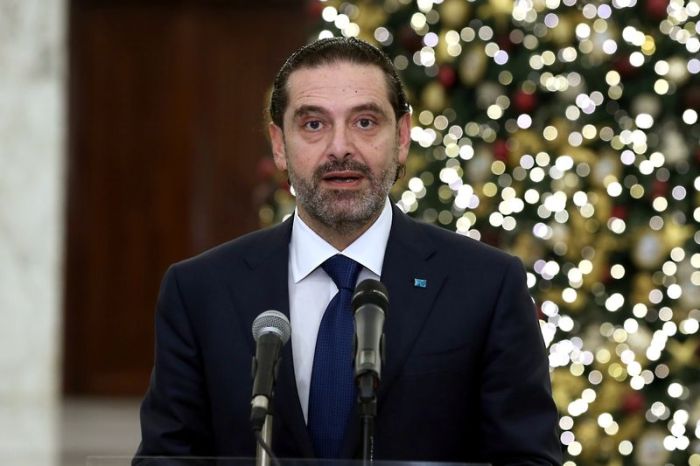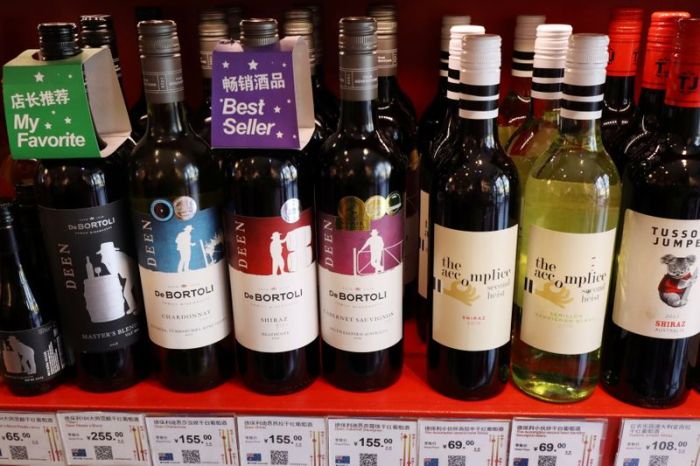CHICAGO (Reuters) -United Airlines said on Thursday it had committed to a multimillion-dollar investment in a project to remove carbon dioxide from the air through air direct-capture technology as part of a plan to be 100% “green” by 2050.
The project, 1PointFive, is a partnership between Occidental Petroleum Corp subsidiary Oxy Low Carbon Ventures and Rusheen Capital Management that plans to build the first U.S. industrial-sized direct air capture plant that would permanently sequester 1 million tons of CO2 each year.
That is the equivalent of what 40 million trees can do, but covering a land area about 3,000 times smaller, United said, adding that direct-capture technology is one of the few proven ways to correct for aircraft emissions.
United declined to provide details on the investment amount.
Speaking to reporters about the project, United CEO Scott Kirby said carbon capture and sequestration is the only scalable technology that removes carbon from the atmosphere and buries it in the ground.
“Sequestration is a real and permanent solution,” Kirby said.
Until now, the airline industry has focused primarily on the purchase of carbon offsets to reduce the environmental impact of flying.
Before the COVID-19 pandemic disrupted global air travel earlier this year, carbon reduction was expected to be a top priority for airlines, particularly in Europe, where a flight-shaming movement has gained momentum.
Although the pandemic has forced airlines to focus heavily on daily survival rather than longer-term environmental goals, Kirby said climate change could alter behaviors in even more dramatic ways than the pandemic.
Aside from the carbon-capture program, United is also investing in sustainable aviation fuel, which has up to 80% less carbon emissions than conventional jet fuel.
Most of an airline’s contribution to climate change comes from the fuel it takes to fly. Kirby said that with fewer planes in the skies during the pandemic, emissions were likely down about 55%.
The carbon-capture project will offset nearly 10% of United’s annual emissions, he said.
(Reporting by Tracy Rucinski in ChicagoEditing by Gerry Doyle and Matthew Lewis)

